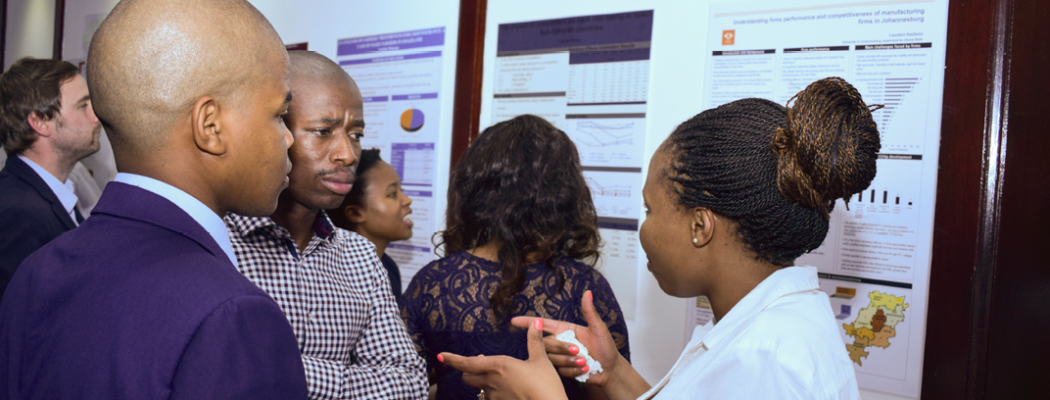SA-TIED seminar on Petrol Price Regulation
On 19 January the SA-TIED programme hosted an online seminar on petrol price regulation, as well as the impact on the South African economy of alternative regulatory arrangements in the petroleum sector. The presentation was be given by Rod Crompton and Heinrich Bohlmann based on research under the SA-TIED project work stream on Macroeconomic modelling for policy formulation.
This presentation is based on two working papers:
Petrol price regulation in South Africa: Is it meeting its intended objectives?
By Rod Crompton, Midesh Sing, Vernon Filter, and Nonhlanhla Msimango
Presented by Professor Rod Crompton
Abstract:
The South African liquid fuels industry is a significant part of the economy. Historically, government policy focused on import substitution industrialization to support industry margins. This approach is called into question by the 2006 shift from net exports to imports and by inflated downstream regulated margins. This study focuses on the regulated petrol price. Import parity pricing regulation has not kept pace with market changes. A policy shift in 1998 towards market related pricing has not materialized. Instead, regulated margins have increased over the last 20 years in real terms, partly attributable to methodological errors in the regulatory accounting system. The long-term excess of service stations persists despite declining petrol and diesel volumes between 2005 and 2019. Estimates suggest that the petrol price could be lower by 0.70–0.80 Rands/litre. Price deregulation is inhibited by political regulation and social policies entangled in regulation.
Full paper available here.
AND
The impact on the South African economy of alternative regulatory arrangements in the petroleum sector
By Heinrich Bohlmann and Rod Crompton
Presented by Professor Heinrich Bohlmann
Abstract:
This paper adds quantitative analysis to the study by Crompton et al. (2020), in which various alternative regulatory arrangements regarding the petrol price in South Africa were explored. We use a multi-sector dynamic computable general equilibrium model for South Africa to conduct our economic impact analysis. Under the most comprehensive set of reforms to the determination of petrol prices, which seeks to emulate market forces, the South African economy is seeing substantial benefits. GDP is expected to rise by 0.67 per cent and real wages by over 1.1 per cent relative to the baseline. Refineries are assumed to shrug off reforms targeted at removing pure profits earned via the import parity price (Basic Fuel Price) methodology by accepting a slightly lower rate of return, enabling them to meet the expected increase in demand for petrol on the back of the lower consumer prices achieved via the reforms. Whilst job losses at fuel service stations may be expected as a result of reduced revenues and margins, increased activity and job opportunities in the rest of the economy, facilitated through cheaper trade and
transport margins, will more than offset those losses.
Full paper available here.
For further information and registration email Bridgman@wider.unu.edu
RESOURCES
Heinrich Bohlmann presentation





